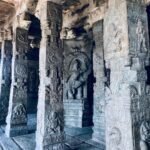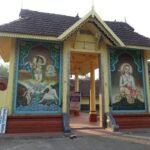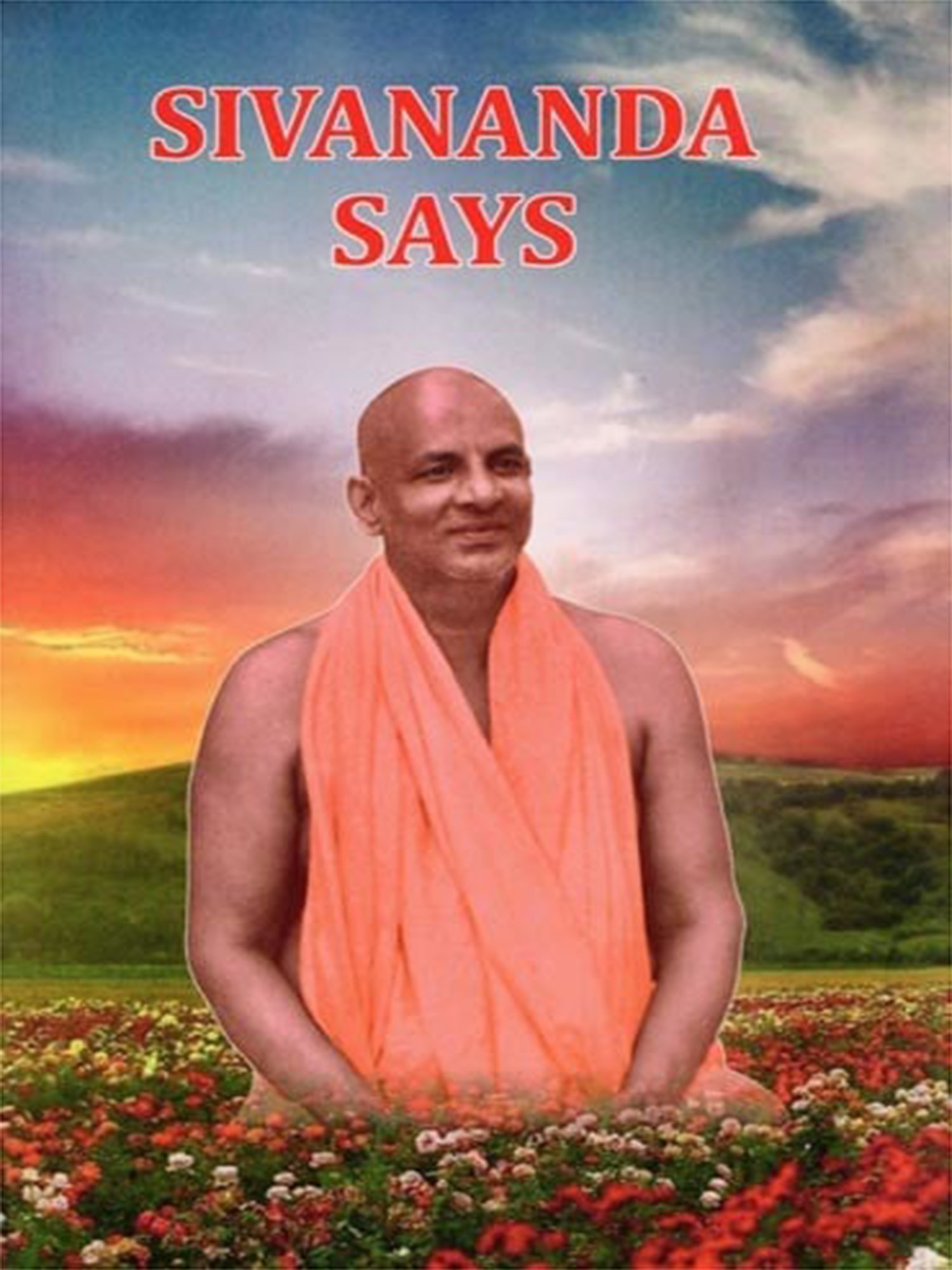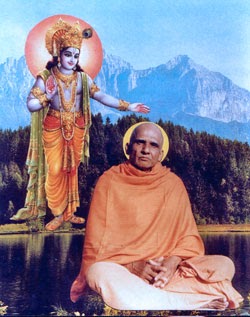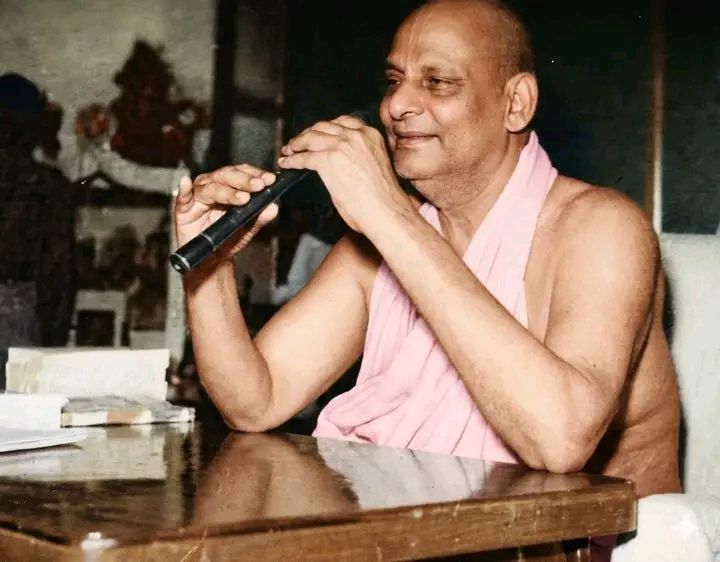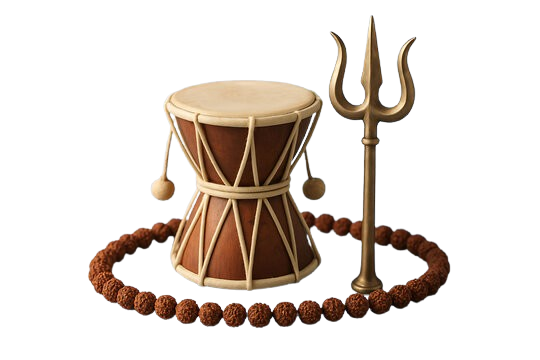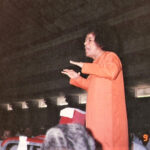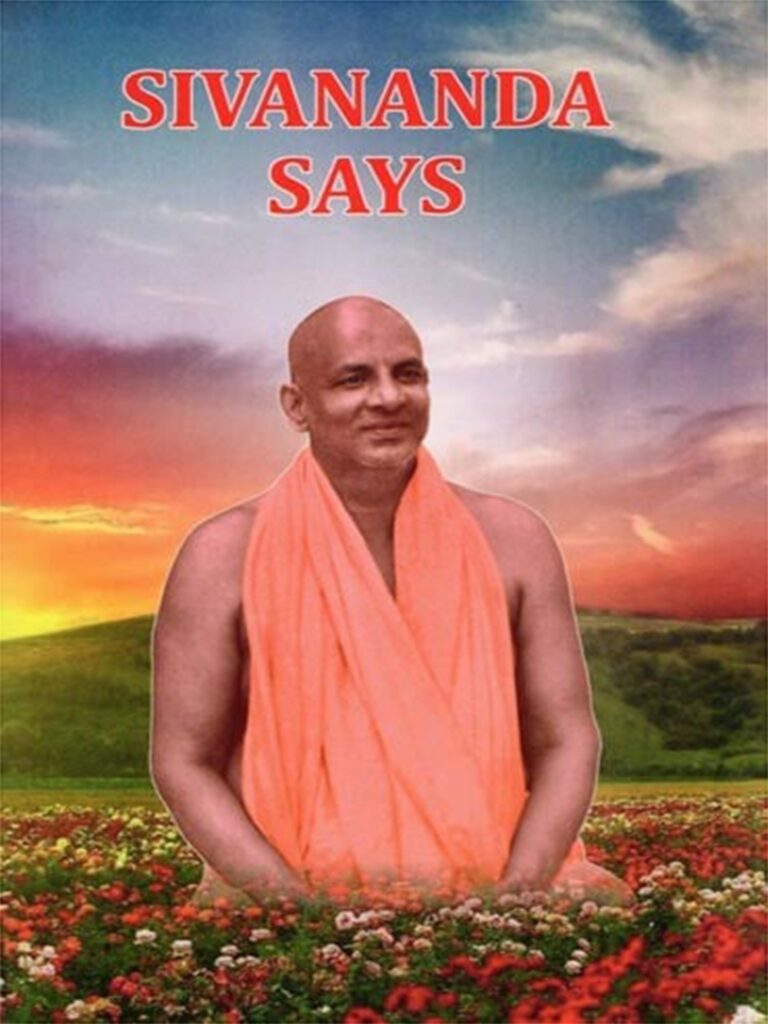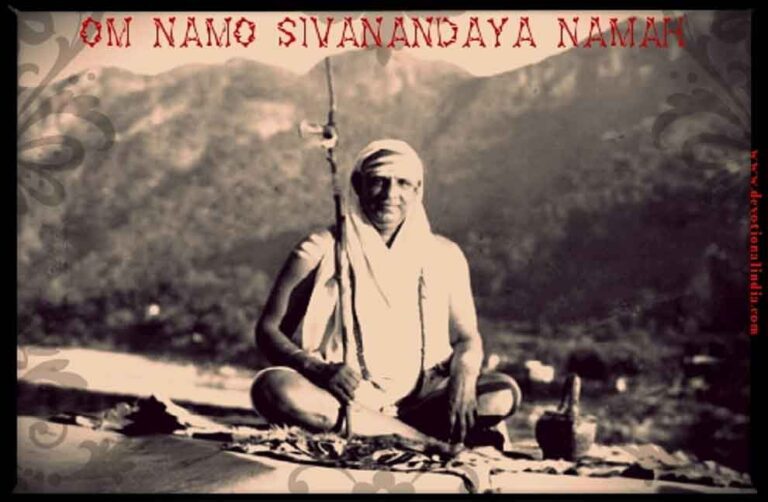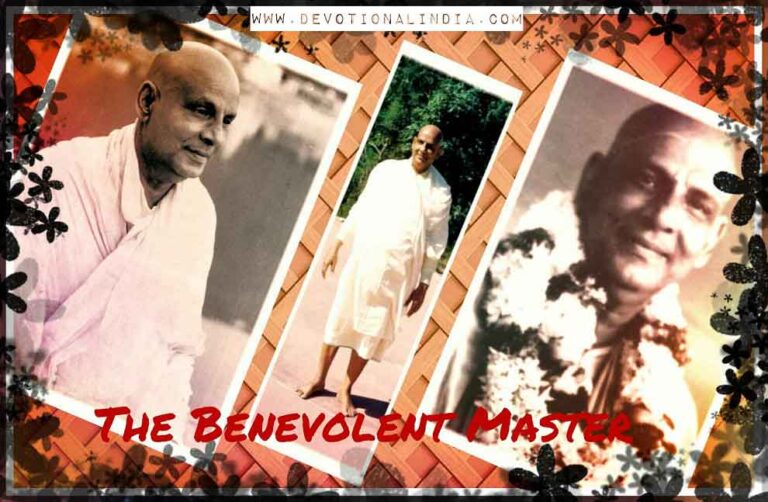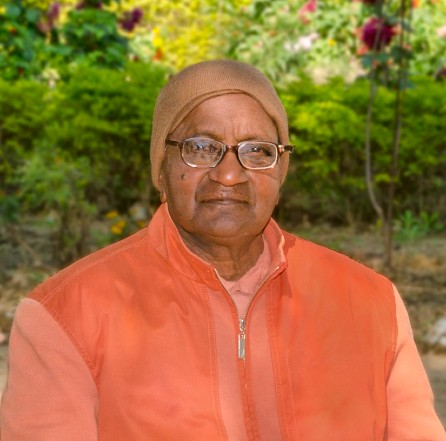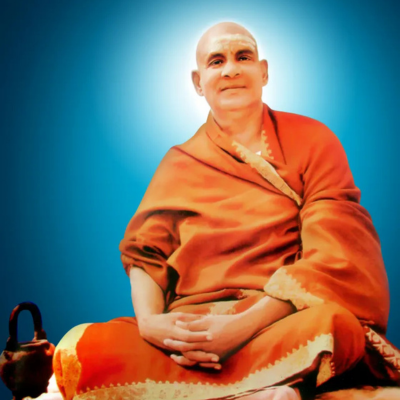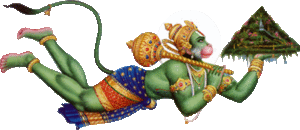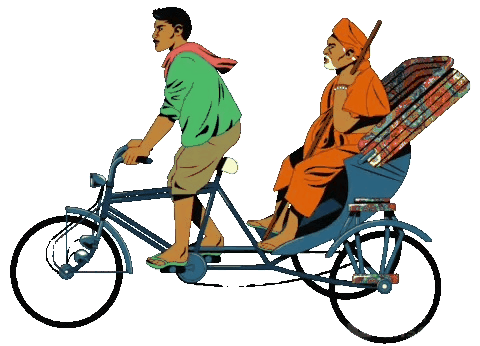Summer Showers in (1991)
Summer Showers in (1991)
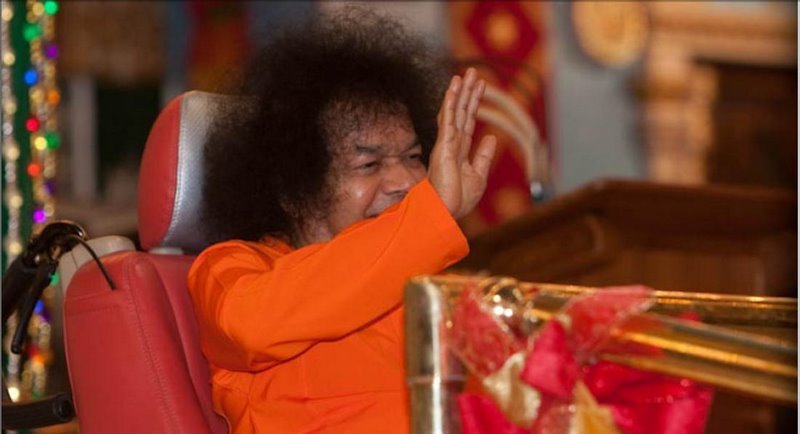
Summer Showers in Brindavan 1991: Discourses on the Upanishads is a volume of fourteen spiritual lectures delivered by Sri Sathya Sai Baba during the Summer Course on Indian Culture and Spirituality, held from 20 May to 2 June 1991. In these talks, Baba focuses deeply on the teachings of the Upanishads, ancient Hindu scriptures that explore the nature of Self (Atman), consciousness (Brahman), and the ultimate reality, in a way that is accessible to students and seekers.
The first discourse, “The End of Education Is Character,” opens by asserting that education isn’t complete merely with academic success or technical skill; its true purpose is to build character, integrity, self‑control, moral strength, and inner purity. Baba warns that while modern education has given students amazing powers of science, technology and a chance to explore the world, without character these become hollow or even dangerous. Subsequent discourses examine India’s Vedic heritage, tracing how the wisdom of the Upanishads is part of a continuum, urging youth to understand that their spiritual inheritance is profound and relevant, not something distant or only in texts.
In “Tat Tvam Asi – That Thou Art,” one of the four Mahāvākyas (great sayings) of the Upanishads, Baba explains how the saying reminds us that the individual Self (Atman) is not different from the Supreme Being (Brahman). This teaching is followed by reflections on specific Upanishads: Isha Upanishad, Kena Upanishad, Prashnopanishad, Mundaka Upanishad, Taittireya Upanishad etc. Each of these is used to answer fundamental students’ queries: what is the purpose of human life, what is renunciation vs pleasure, how do we recognize the true Self beyond body and mind, what is the nature of knowledge, what is the role of discipline.
“Spiritual Discipline (Sadhana)” is another key discourse: Baba emphasizes that hearing (Shravanam), reflecting (Mananam), and meditation / assimilation (Nididhyāsanam) are essential steps. Simply memorizing or studying is not enough; the wisdom must be lived and internalized. The final lectures bring together the threads of duty, knowledge, character, and spirituality in “Dharma and Indian Spirituality,” where Baba addresses how one’s inner life and outer actions must align with the universal values from the Upanishads: truthfulness, self‑sacrifice, humility, compassion.
Other recurring teachings include control of the senses and the mind; seeing the body and senses as instruments; recognizing that beauty, pleasure, achievement are transient; understanding the shifting nature of ego, desires and attachments which cause suffering; and cultivating inward calm, purity of heart, and surrender. These enable a seeker to move from external forms to inner reality.
Overall, Summer Showers 1991 acts both as philosophy and handbook. For students especially, Baba lays out not just what the Upanishads say, but how to approach them: with humility, a spirit of enquiry, disciplined practice, service, ethical living, inner reflection. The goal is not just knowledge, but transformation — realizing one’s identity as Atman, living in alignment with spiritual values, doing one’s duty, helping others, living purely. It is a call to awaken the divinity within, through self‑knowledge, through character, through action and devotion.


